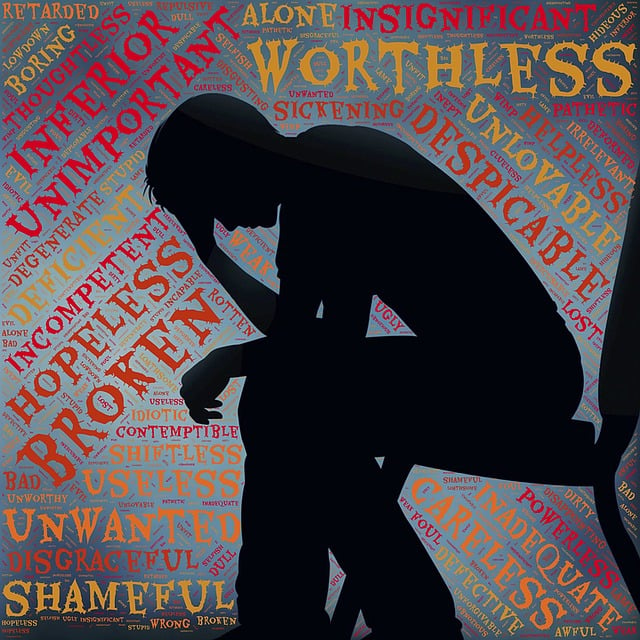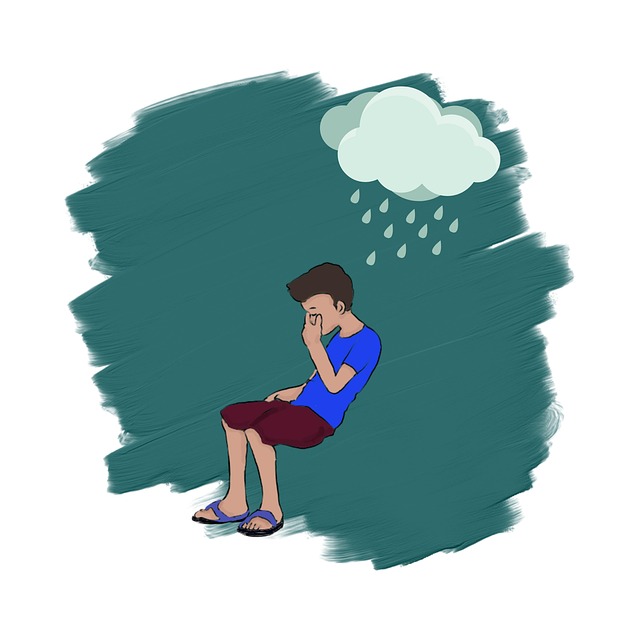Superior Autism Spectrum Disorder (ASD) therapy focuses on developing essential social skills to improve communication, reduce anxiety, and facilitate meaningful relationships. Tailored strategies, including structured programs like Social Stories® and role-playing, address verbal and non-verbal communication challenges. Cultural sensitivity, public awareness campaigns, community engagement, support groups, and regular check-ins with therapists are integral to this holistic approach, enhancing social capabilities, resilience, self-esteem, and overall well-being for individuals with ASD.
Social skills training is a vital component of enhancing mental health outcomes, particularly for individuals on the autism spectrum. This comprehensive guide explores how structured programs can improve social interaction and communication, addressing a key challenge faced by those with ASD. We delve into effective therapeutic approaches, emphasizing the role of Superior Autism Spectrum Disorder Therapy in fostering meaningful connections. From understanding core concepts to practical strategies for continuous support, this article offers valuable insights for professionals and families navigating the complex landscape of social skills development.
- Understanding Social Skills Training for Mental Health Conditions
- The Impact of Social Skills on Individuals with Autism Spectrum Disorder (ASD)
- Therapeutic Approaches to Enhance Social Interaction in ASD Therapy
- Incorporating Superior Autism Spectrum Disorder Therapy into Treatment Plans
- Strategies for Continuous Growth and Support Beyond Formal Training
Understanding Social Skills Training for Mental Health Conditions

Social Skills Training (SST) is a tailored therapeutic approach designed to help individuals with mental health conditions navigate and engage in social interactions more effectively. This type of therapy recognizes that social connections are vital for overall well-being, especially for those dealing with conditions like Superior Autism Spectrum Disorder (ASD). By focusing on specific social skills, SST aims to reduce social anxiety, improve communication, and foster meaningful relationships.
The process involves breaking down complex social situations into manageable components, teaching strategies to initiate and maintain conversations, interpret social cues, and adapt to different environments. Additionally, SST encourages the development of confidence-boosting techniques and promotes self-care routine practices for better mental health, ultimately empowering individuals to manage their conditions in various social contexts.
The Impact of Social Skills on Individuals with Autism Spectrum Disorder (ASD)

Social skills play a pivotal role in enhancing the lives of individuals with Autism Spectrum Disorder (ASD). For those on the autism spectrum, navigating social interactions can be challenging, often leading to feelings of isolation and anxiety. Superior ASD therapy focuses on teaching essential social skills that enable them to participate more fully in daily life. This includes learning non-verbal communication cues, improving conversational skills, and understanding social norms—all crucial aspects for building meaningful connections with others.
By incorporating practices like compassion cultivation and mental wellness journaling exercises into their self-care routine development for better mental health, individuals with ASD can gain valuable tools to manage stress and interact socially with greater confidence. These strategies not only promote emotional regulation but also foster a deeper sense of belonging and understanding, ultimately enhancing overall mental wellness.
Therapeutic Approaches to Enhance Social Interaction in ASD Therapy

Social skills training plays a pivotal role in Autism Spectrum Disorder (ASD) therapy, offering therapeutic approaches to enhance social interaction and improve overall quality of life. These strategies are tailored to address the unique challenges faced by individuals with ASD, focusing on both verbal and non-verbal communication cues. Through structured programs, such as Social Stories® and Role-Playing exercises, therapists help individuals develop appropriate social behaviors and understand unspoken social norms.
Incorporating cultural sensitivity in mental healthcare practice is essential for these interventions to be effective. Therapists must adapt their approaches to respect individual cultural backgrounds, ensuring that social skills training resonates with the client’s experiences. Moreover, public awareness campaigns development can contribute to destigmatizing ASD and fostering inclusive environments, ultimately supporting better outcomes in superior autism spectrum disorder therapy.
Incorporating Superior Autism Spectrum Disorder Therapy into Treatment Plans

Incorporating Superior Autism Spectrum Disorder (ASD) Therapy into comprehensive mental health treatment plans is a game-changer for individuals navigating ASD alongside other psychological challenges. This tailored approach recognizes the unique social and communication needs of those on the spectrum, ensuring that their specific requirements are addressed effectively. By integrating evidence-based practices from superior ASD therapy, healthcare professionals can significantly enhance support for patients.
Effective strategies such as structured communication techniques, social storytelling, and specialized conflict resolution skills training have proven beneficial. These methods not only improve social interactions but also foster resilience in managing daily stressors. Additionally, teaching self-advocacy and adaptive coping mechanisms enables individuals with ASD to navigate social environments more confidently, leading to improved overall mental health and well-being.
Strategies for Continuous Growth and Support Beyond Formal Training

After completing formal social skills training, continuing the journey toward superior autism spectrum disorder (ASD) therapy requires a holistic approach. Individuals should be encouraged to practice newly acquired skills in various settings, fostering resilience building and self-esteem improvement through real-world application. This can include joining support groups or engaging in community activities that promote social interaction, allowing them to navigate social scenarios with more confidence.
Regular check-ins with therapists or coaches can provide ongoing guidance, offering strategies for managing challenges and anxiety relief. By integrating these continuous growth opportunities, individuals on the ASD spectrum can enhance their social capabilities and overall well-being, achieving greater independence and a higher quality of life.
Social skills training, particularly tailored for individuals with autism spectrum disorder (ASD), offers a transformative approach to enhancing social interaction. By incorporating evidence-based methods like superior autism spectrum disorder therapy into treatment plans, we can foster meaningful connections and improve overall well-being. Continuous support and practical strategies beyond formal training are essential for sustained growth and success in navigating social environments. This holistic approach not only addresses current challenges but also empowers individuals with ASD to thrive in their personal and professional lives.














